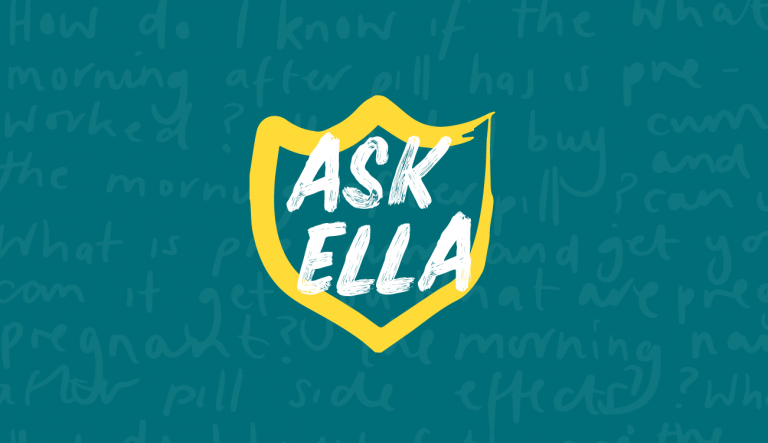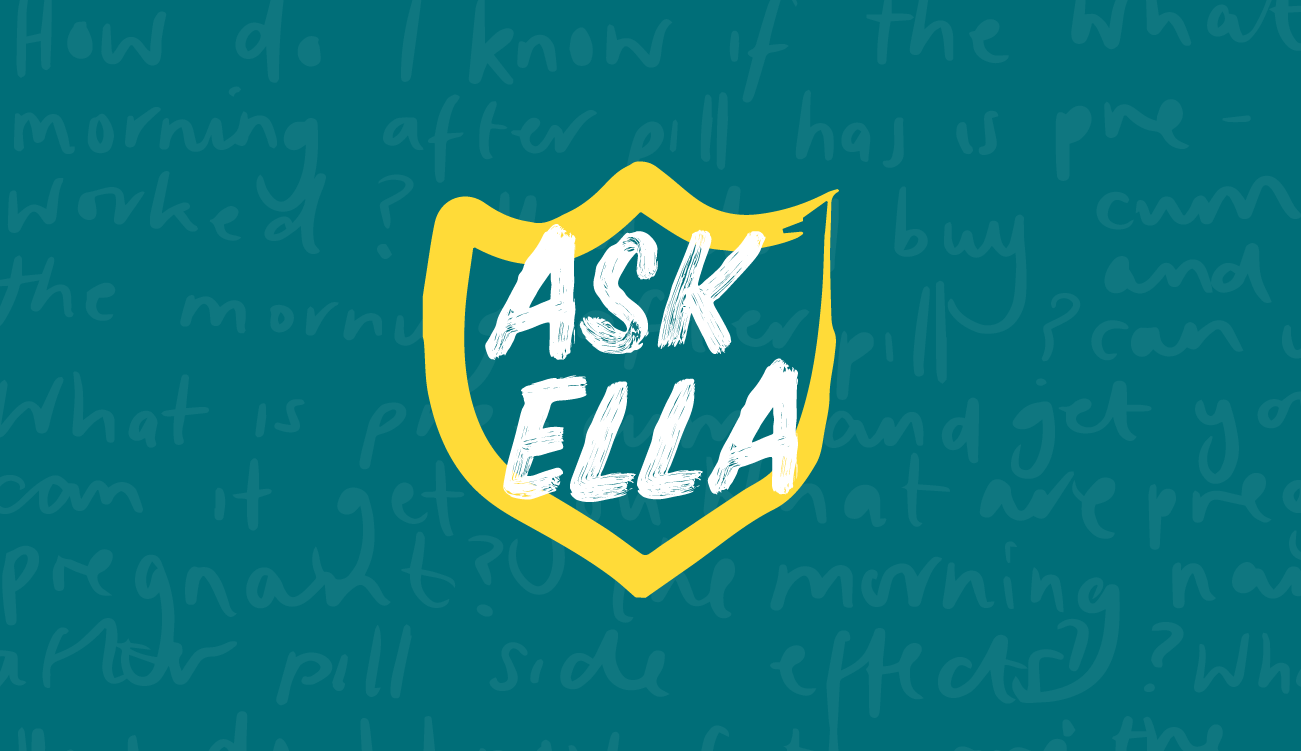Is it possible to have lots of sex with no protection and not get pregnant? It might sound too good to be true, but this is the idea behind fertility tracking.
People have been using the ‘rhythm’ method for centuries to avoid unplanned pregnancy, but have new technologies like menstrual cycle apps made this a viable contraceptive option for more people to try?
We spoke to Tracey Forsyth, Lead Contraceptive Nurse** at BPAS, and a spokesperson from sexual health charity Brook to find out more about how fertility tracking works and whether it can be a reliable form of contraception.
What Is Ovulation?
Ovulation is where a mature egg is released from the ovary and travels down the fallopian tube. If you have had unprotected sex or expereince contraceptive failure around the time of ovulation, the egg may be fertilised by the sperm and can turn into an embyro which can then grow into a baby.
The problem is that sperm can survive in the body for up to five days after unprotected sex, so you could still get pregnant even if you had sex a few days before you ovulated.
Your menstrual cycle is as unique as you are. While the typical menstrual cycle is around 28 days long, it is normal to have a cycle as long as 40 or as short as 21. The exact timing can be hard to predict and can also change depending on external factors like diet and stress. This means you might ovulate at different times in different months, which can make it tricky to pin down.
Can fertility tracking be an effective form of contraception?
Fertility tracking is a natural method of contraception. It involves tracking your menstrual cycle to determine when you ovulate. This can help you avoid unprotected sex on your most fertile days so, in theory, you would only have sex on the days where you’re unlikely to get pregnant. The question is: does it work?
“Yes, it can, but it does require effort on the part of the user, “says Tracey Forsyth, “It is important for women (and people with uteruses) thinking about using fertility apps to consider their lifestyle and how comfortable they would be with avoiding vaginal sex, or using condoms, during their fertile period. It is also important for a woman to consider if they will be able to monitor their cycles as required.”
When used correctly, fertility tracking can be up to 99% effective, which means that around 1 in 100 people who use fertility tracking as their method of contraception correctly will get pregnant each year.
This can vary, however, with another study showing a 95% efficacy with perfect use. With typical use, fertility tracking is not as effective and more people will become pregnant. Using this method effectively usually requires being taught fertility awareness by a specialist teacher. People with irregular cycles should avoid using the fertility tracking method as it can be very hard to do it effectively.
Some fertility tracking methods require more work than others. The calendar rhythm method involves tracking your menstrual cycles (often via the use of an app) to determine when your most fertile days are. This method is the least effective form of fertility tracking and should be avoided by people with shorter menstrual cycles (26 days or less) or longer (32 days or more).
Other methods include measuring your basal body temperature (your temperature when you’re fully at rest) as your body temperature tends to go up right after ovulation. You can also track the colour, thickness and texture of your cervical mucus, which typically gets thinner, stretchier and slippery during ovulation. It’s advisable to combine all three of these methods to be as accurate as possible.
What are the risks of using a fertility tracking app as a method of contraception?
“The cons of fertility awareness methods are: they don’t protect against STIs, you will need to avoid sex or use another method of contraception during fertile times, and it’s a high level of commitment. If you have an irregular cycle, it can be harder to recognise fertility indicators. If you’ve recently stopped taking hormonal contraception, you’ll need to wait at least 3 hormonal cycles to ensure you’re back to regular cycles,” says a spokesperson from Brook.
“No method of contraception is 100% effective. However, fertility apps carry a greater risk of the user experiencing an unplanned pregnancy than long-acting methods, such as the coil or implant,” adds Tracy.
It takes a while to learn how to track your cervical mucus and body temperature – usually around 3-6 months – and it requires a lot of practice and dedication. As your cycle can vary from month to month, it can be really hard to accurately pinpoint the moment of ovulation.
Getting pregnant accidentally isn’t a deal-breaker for some people, but it may be for others. There is no one glove that fits all when it comes to contraception (that’s why condoms come in so many different sizes!) so you need to find the right method for you.
When done perfectly, fertility tracking can be 99% effective at preventing unplanned pregnancy. It is, however, a lot more hands-on than other contraceptive methods and easier to get wrong, which can greatly reduce its effectiveness. You will also still need to use another method of contraception, like condoms, if you want to have sex during your fertile window.
And as many people who’ve shared their MyMorningAfter stories with us will agree, in the heat of the moment people don’t always reach for a condom.
If you want to use fertility tracking as your main contraceptive method, you should look into doing a course with a licensed professional so you can learn how it all works.
If you do have unprotected sex or experience contraceptive failure, ellaOne is the most trusted morning after pill*. It works by delaying ovulation, so any sperm will have nothing to fertilise. Find out more about ellaOne here.
*Based on sales data. Verify at ellaone.co.uk/verify
**The medical professionals listed in this article do not endorse any products or brands.
ellaOne® 30mg film-coated tablet contains ulipristal acetate and is indicated for emergency contraception within 120 hours (5 days) of unprotected sex or contraceptive failure. Always read the label.






